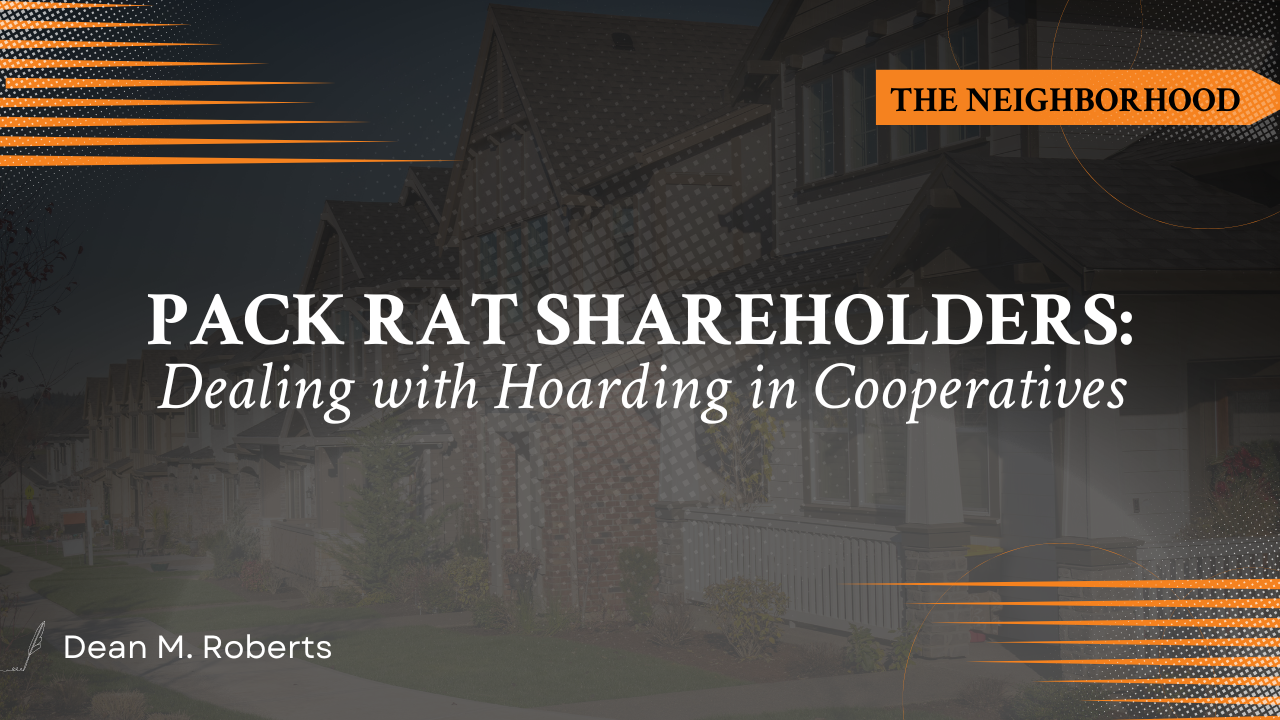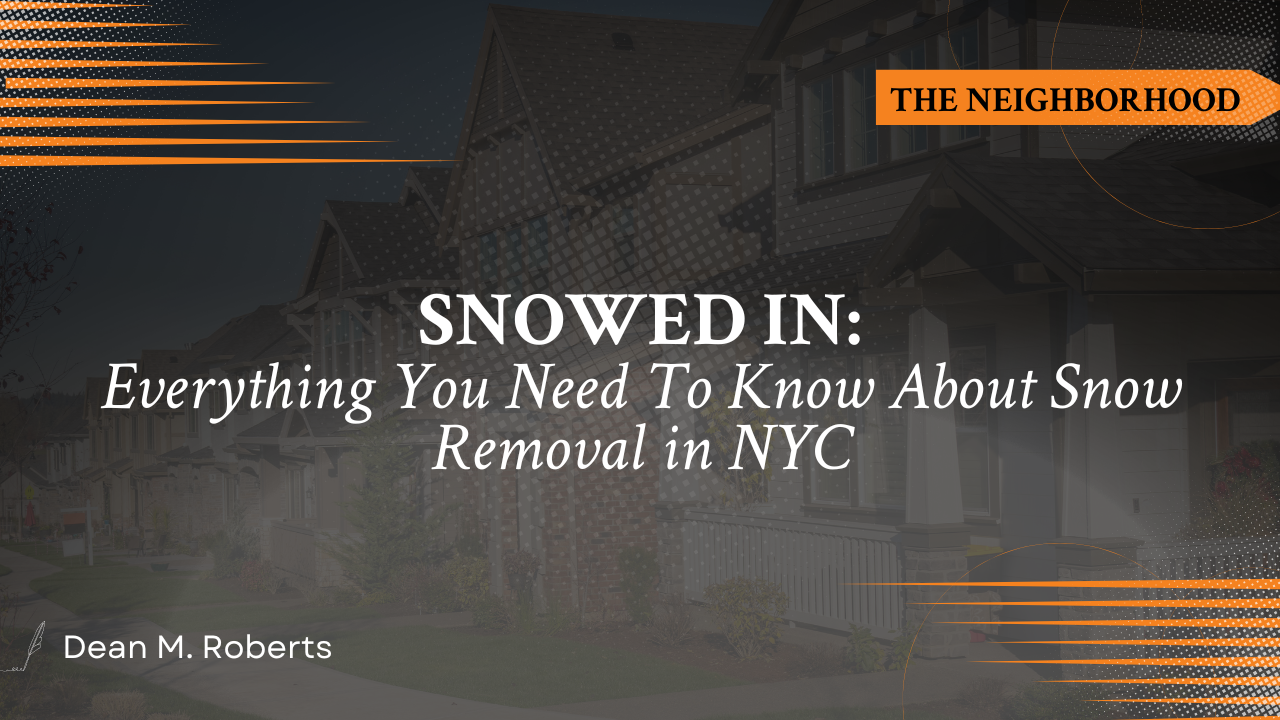Stopping Short-Term (Airbnb) Rentals

Despite the significant amount of negative publicity generated due to the use of vacation rental sites such as Airbnb and VRBO, short-term rentals continue to be a significant problem in the city of New York. New laws designed to curtail such rentals have worked to a limited extent, but have not come close to stopping this illegal activity altogether. The profit motive for tenants who continue to rent out their spaces appears to outweigh concerns about the potential consequences of engaging in this activity.
Whether a building is subject to some form of rent regulation, contains free market tenants, or is a cooperative/condominium building, landlords and managing agents face a significant array of potential problems as a result of this type of rental activity, including the issuance of violations and fines from the city, complaints from other tenants, diminished building security, and potential damage to the building by renters who care little about the condition of the building they will stay in for only a few days.
Fortunately, the laws regarding these short-term rentals are restrictive, and the courts have generally shown a willingness to put an end to this type of illegal activity. It is only in the rarest of circumstances that such rental activity might be permitted.
By law, the tenant or a family member of the tenant must contemporaneously reside in the apartment for the duration of any short-term rental of less than 30 days. Tenants cannot lawfully rent out their apartment while they are away on their own summer vacation. It is illegal to even advertise short-term rentals when the tenant will not be occupying the unit simultaneously. When the tenant does remain in the apartment during the term of the rental, they may not charge guests more than a proportionate share of the legal rent for apartments where the rent is regulated by law. Doing so is commonly referred to as “profiteering,” and can often result in the eviction of the tenant. For free-market tenants, landlords may choose to include language in the lease containing similar prohibitions, which should limit the impact of the profit motive that often causes tenants to rent their apartment in this manner.
Landlords should also consider including a clause in their leases limiting the number of persons who may occupy the apartment. While the law permits family members of the tenant and at least one unrelated additional occupant to reside in an apartment no matter what the lease states, you can certainly stop your tenant from having two or more traveling guests in the apartment simultaneously if your lease is drafted correctly.
Knowing these basic rules should be useful for owners who wish to avoid or eliminate the potential problems caused by tenants who engage in short-term rental activity. Enforcing the rules generally requires landlords to commence legal proceedings, but under appropriate circumstances, will allow a landlord to recover possession of the apartment from an undesirable tenant.
If you have any questions about this post or any other related matters, please contact me at GProefriedt@norris-law.com.




